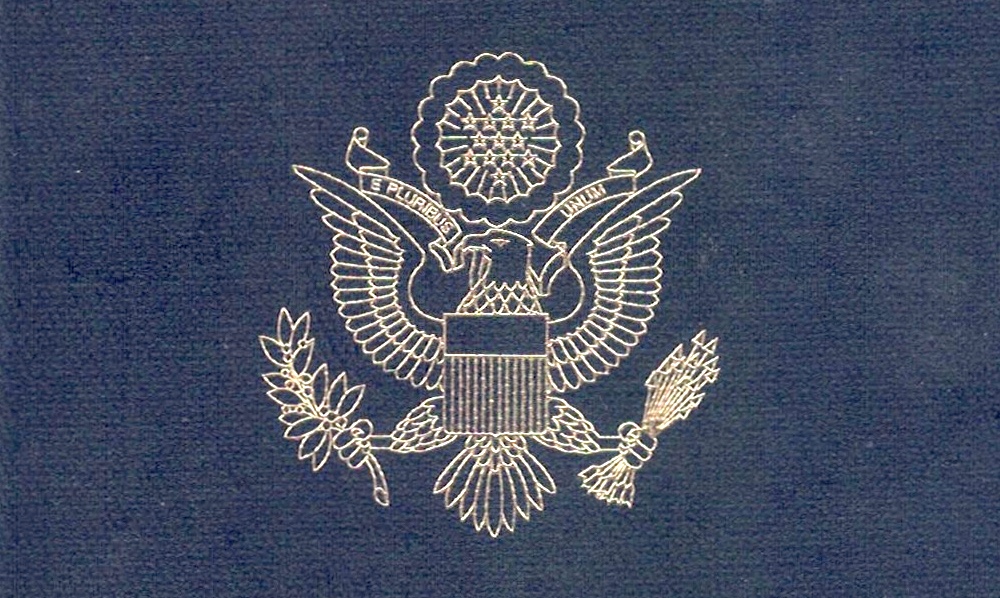Editors’ note: On September 27, the Biden administration announced Israel’s admission into the U.S. Visa Waiver Program, noting “Today’s designation is not the end of the process…the U.S. Government will continue to engage with the Government of Israel while monitoring its continued implementation of all program requirements, including the reciprocity commitments it made to the United States on July 19, 2023.” As detailed below, Israel has until spring 2024 to work out lingering issues of differential treatment of Israeli Americans and Palestinian Americans living in the West Bank.
Israelis who see the United States as their best friend have long chafed at Israel’s exclusion from the U.S. visa waiver program, which since 1988 has allowed citizens of 40 countries to enter the United States for up to 90 days without a visa. Ending that exclusion has been a top priority of the Netanyahu government—one that may finally be succeeding.
Until recently, Israel has failed to meet two of the program’s requirements. First, the United States requires qualifying countries to have a visa denial rate of less than 3 percent—that is, U.S. consular officials reject fewer than 3 percent of requests for U.S. visas from that country’s citizens. Until recently, the visa denial rate for Israelis seeking to enter the United States hovered between 6 and 10 percent—not because U.S. officials suspect Israelis of seeking to flee here as illegal immigrants but because they see Israeli tourists as prone to overstaying their visas. Recent changes, though, including a pandemic-era drop in travel, have caused the rate to drop to acceptable levels.
The second requirement has proved knottier. The waiver program requires reciprocity: U.S. citizens entering and leaving Israel would have to receive the same treatment as Israelis entering and leaving the United States, “without regard to national origin, religion or ethnicity.” Israel, for security reasons, has long treated Palestinians differently from Israelis when it comes to travel.
Palestinians generally cannot leave Israel via Ben-Gurion Airport; to travel abroad, they must make a complex and expensive detour to Amman, Jordan. Moreover, they cannot access the Allenby Bridge, the most convenient checkpoint between the West Bank and Jordan. These restrictions have applied even to Palestinians holding U.S. passports. (While the United States never officially acceded to such differential treatment, the State Department has issued travel advisories warning Palestinians with U.S. passports that they may face discrimination if they seek to enter Israel.)
A July 19 U.S-Israel Memorandum of Understanding (MOU) sought to remedy this issue. Israel set up a pilot program, allowing Palestinians with U.S. citizenship who live in the West Bank (the Israeli government estimates there are fewer than 20,000 people in this situation, the U.S. government counts as many as 60,000)—and, after some back and forth, the 100 to 130 Palestinian Americans living in Gaza to use Ben-Gurion Airport. It also allows Palestinian American citizens who live in the United States to visit relatives in the West Bank for up to 90 days.
More than 2,500 Palestinian Americans have already used the pilot program, and U.S. officials are monitoring it to ensure compliance. Israel at first placed a special notation on participants’ visas but stopped under U.S. pressure. Some wrinkles still need to be worked out—for instance, Palestinian Americans living in the West Bank, unlike Israeli Americans, cannot take a car into Israel and must cross checkpoints on foot—but Israel has committed to working out these and other issues of differential treatment by spring 2024. Bibi wants this to happen. All indications are that if U.S. officials are satisfied, Israel will enter the visa waiver program before that, on September 30.
Many security officials in Israel have opposed this program, claiming it would injure Israel’s security. And many American Jews have agreed. Jewish News Syndicate Editor-in-Chief Jonathan Tobin, for example, has suggested that “an unwillingness to treat everyone the same is at the heart of Jerusalem’s efforts to keep terrorists from boarding Israeli planes or entering the country.” This view echoes recent comments by National Security Minister Itamar Ben-Gvir that Israelis’ right to security trumps all Palestinians’ right to travel, even in the West Bank.
Under the terms of the MOU, Israel can apply “security” checks in airports and at checkpoints as needed. What it cannot do is “check” Palestinians differently simply because they are Palestinians. The MOU goes so far as to stipulate that the United States expects Israeli discretion not be used to get around the requirement of equal treatment.
The U.S. can’t allow special rules for some U.S. citizens and not others.
If Israel wants to discriminate against Palestinian Americans, that is its prerogative. But whatever the actual efficacy of racial profiling—and I personally tend to think treating all Palestinians as potential terrorists is a crude and over-inclusive security tool—the standard for joining the visa waiver program is higher. Under the implicit approval it conveys, the United States can’t allow special rules for some U.S. citizens and not others.
Nor should it. In 1911, the United States abrogated the 1832 Treaty of Navigation and Commerce with Czarist Russia because that regime would not give Jewish Americans entry visas as they would other American citizens. Only the rich and
well-connected would get such permits—as a matter of grace, not right. The American Jewish lawyer and communal leader Louis Marshall made clear that this “was not a Jewish but an American question.” And the U.S. Congress agreed.
The same is true here. The United States should not enter agreements that allow one class of American citizens to be treated differently. When it comes to U.S. passports, blue is blue.
Marshall Breger is a professor of law at Catholic University.



